International Volvo Photo Locations Part 82

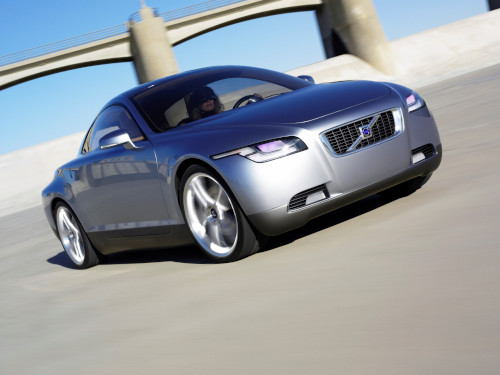
2004 – Volvo 3CC at Sepulveda Dam in San Fernando Valley in Los Angeles, USA 🇺🇸.
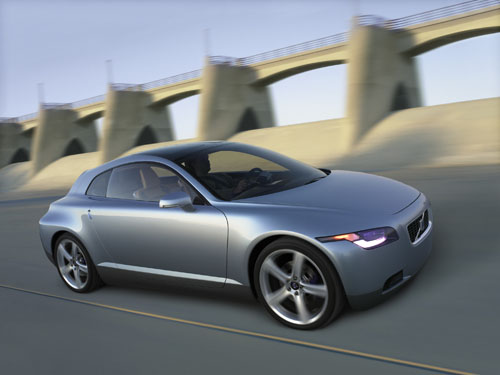
2004 – Volvo 3CC at Sepulveda Dam in San Fernando Valley in Los Angeles, USA 🇺🇸.
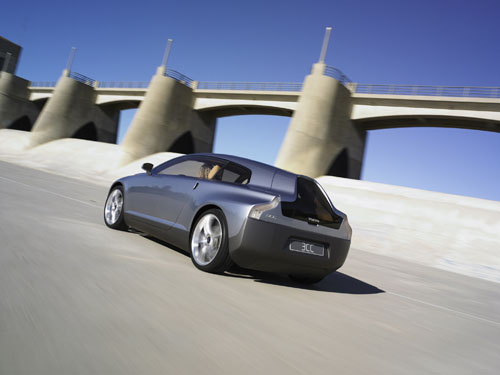
2004 – Volvo 3CC at Sepulveda Dam in San Fernando Valley in Los Angeles, USA 🇺🇸.
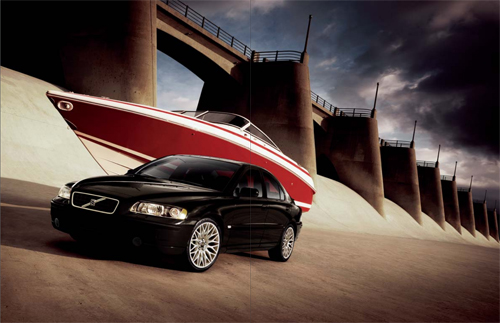
2006 – Volvo S60 at Sepulveda Dam in San Fernando Valley in Los Angeles, USA 🇺🇸.
(Photography by Nigel Harniman)
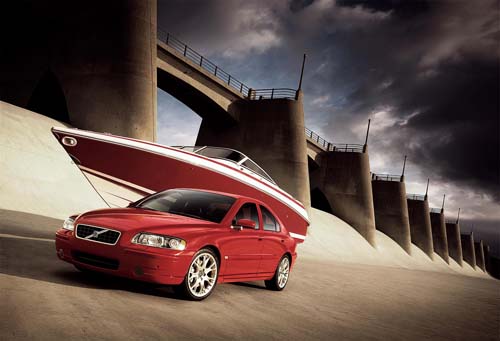
2006 – Volvo S60 at Sepulveda Dam in San Fernando Valley in Los Angeles, USA 🇺🇸.
(Photography by Nigel Harniman)
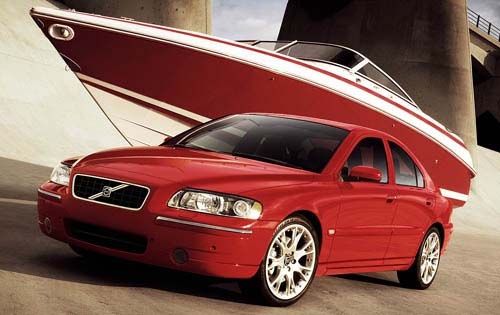
2006 – Volvo S60 at Sepulveda Dam in San Fernando Valley in Los Angeles, USA 🇺🇸.
(Photography by Nigel Harniman)
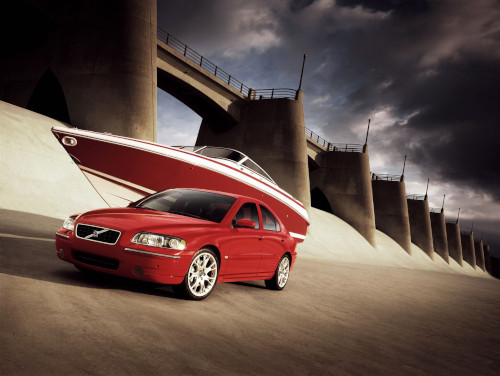
2005 – Volvo S60 T5 Summum at the Sepulveda Dam in the San Fernando Valley in Los Angeles, USA 🇺🇸.
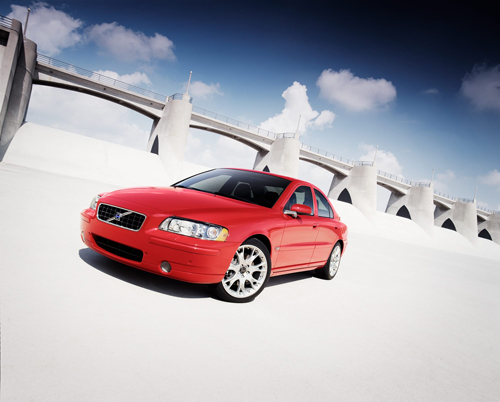
2006 – Volvo S60 at Sepulveda Dam in San Fernando Valley in Los Angeles, USA 🇺🇸.
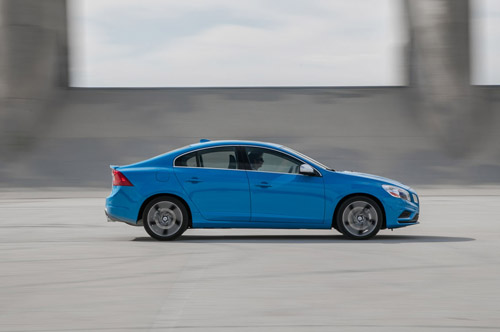
2013 – Volvo S60 T6 AWD R-Design at Sepulveda Dam in San Fernando Valley in Los Angeles, USA 🇺🇸.
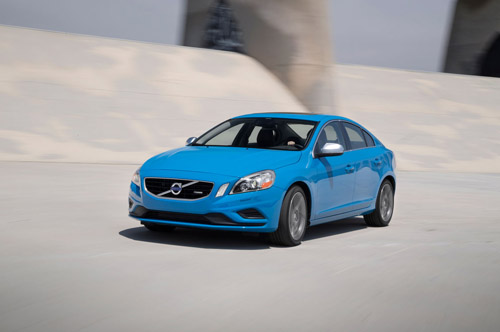
2013 – Volvo S60 T6 AWD R-Design at Sepulveda Dam in San Fernando Valley in Los Angeles, USA 🇺🇸.
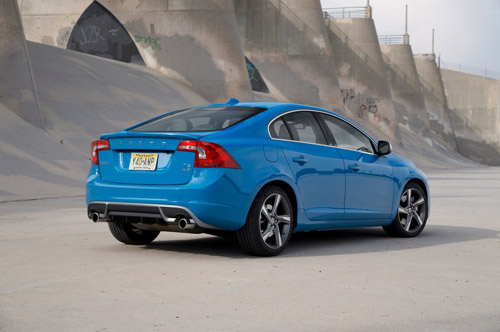
2013 – Volvo S60 T6 AWD R-Design at Sepulveda Dam in San Fernando Valley in Los Angeles, USA 🇺🇸.
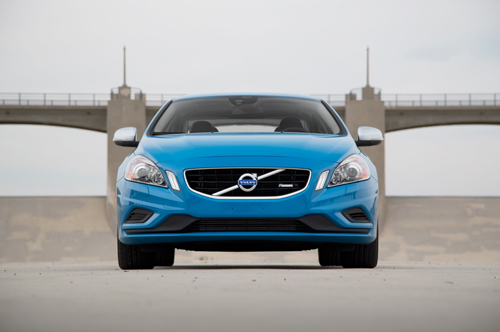
2013 – Volvo S60 T6 AWD R-Design at Sepulveda Dam in San Fernando Valley in Los Angeles, USA 🇺🇸.
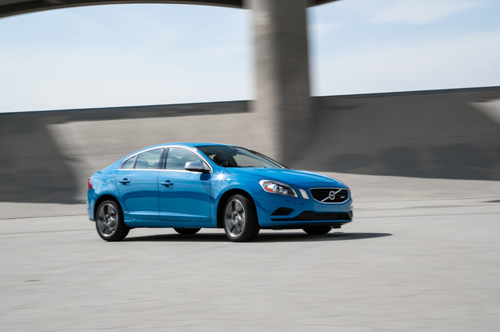
2013 – Volvo S60 T6 AWD R-Design at Sepulveda Dam in San Fernando Valley in Los Angeles, USA 🇺🇸.
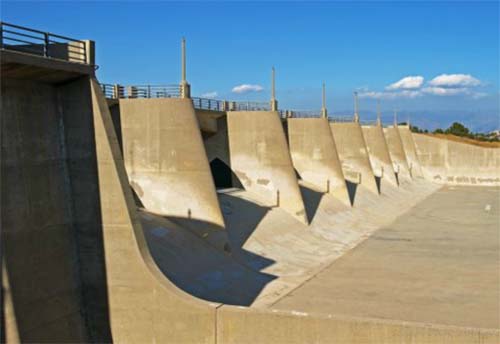
2013 – Sepulveda Dam in Los Angeles, USA
Located in Los Angeles, California, the Sepulveda Dam is a project of the U.S. Army Corps of Engineers, built in 1941 to withhold winter flood waters along the Los Angeles River. It is located south of center in the San Fernando Valley, about eight miles east of the river’s official source in the western end of the Valley.
Sepulveda Dam, along with Hansen Dam in the north San Fernando Valley, was constructed after the historic 1938 floods on the Los Angeles River which killed 144 people. Sepulveda Dam was placed at the then current edge of the city (1940)–east of the dam the river was crowded into a narrow bottom by the city’s growth.
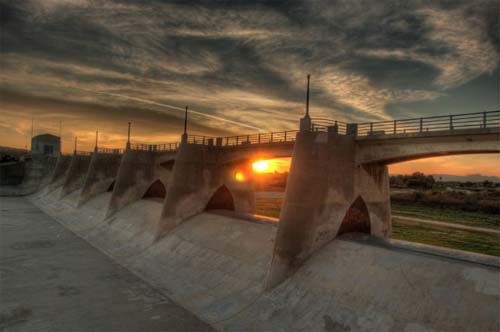
2013 – Sepulveda Dam in Los Angeles, USA
One legacy of Sepulveda Dam is the huge undeveloped area in the center of the Valley—used for wildlife and urban park. But another legacy of the 1938 Los Angeles River flood was the post-WWII channelization of all the Valley’s dry washes, which along with the post-WWII rapid suburbanization left the Valley with hot dry concrete-lined river bottoms, instead of greenbelts and connecting bikepaths.
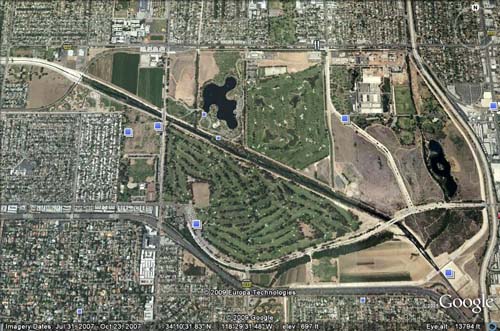
2013 – Sepulveda Basin in Los Angeles, USA (Google Maps
Behind the dam, the Sepulveda Basin is home to several large recreation areas and parks, a model aircraft field, The Japanese Garden, a wildlife refuge, a water reclamation plant and an armory. The Basin is kept free of urban over-building so that water can build up there during a prospective hundred-year flood.
It’s an often-used location for car commercials.
On October 12-14 2004 at the Michelin Challenge Bibendum in Shanghai, Volvo Car Corporation unveiled their 3CC prototype.
From the outside, the Volvo 3CC has an iconic funky-cool tapered shape designed to make a dynamic statement that nonetheless is unmistakably Volvo. Under the hood is an electric powertrain that quietly propels the Volvo 3CC to a governed top speed of over 135 km/h and delivers zero to 100 km/h acceleration in approximately ten seconds – with zero emissions!
Just 3899 mm long, 1624 mm wide and 1321 mm high, the Volvo 3CC has dimensions similar to a classic 2-seater sports car – but that is where similarities end. For the sporty vehicle packs a surprise: a unique two-plus-one configuration, providing seating for two adults in the front and a unique rear seat solution for an additional adult or two children.
This 3-seat configuration provides a unique experience with regards to the occupants’ communication, unprecedented rear occupant’s comfort and all-around visibility for all passengers.
More information at en.wikipedia.org and media.volvocars.com.

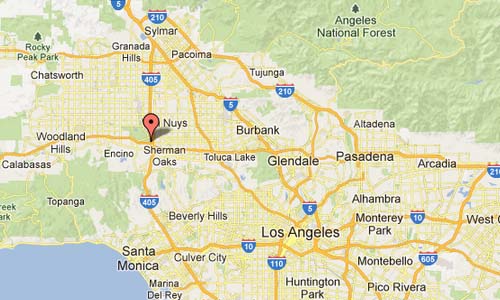


 Posts
Posts